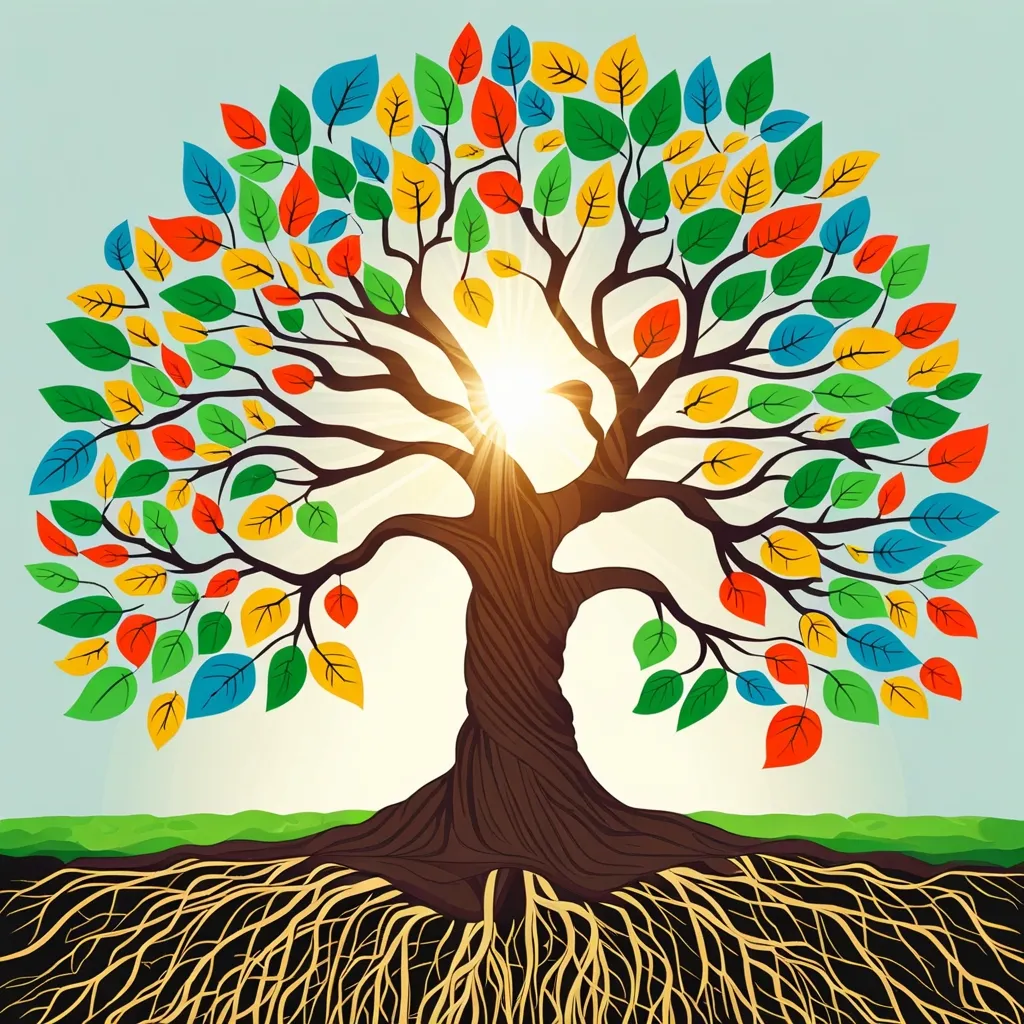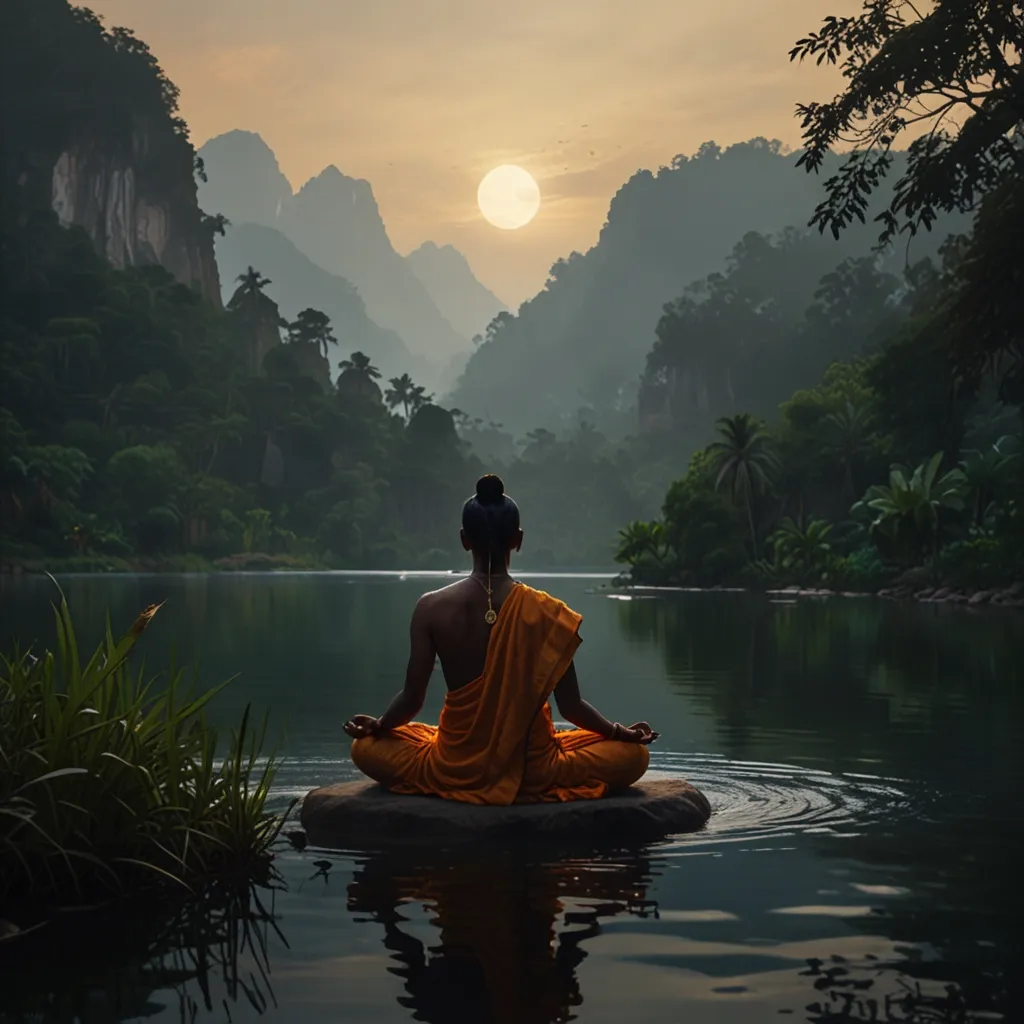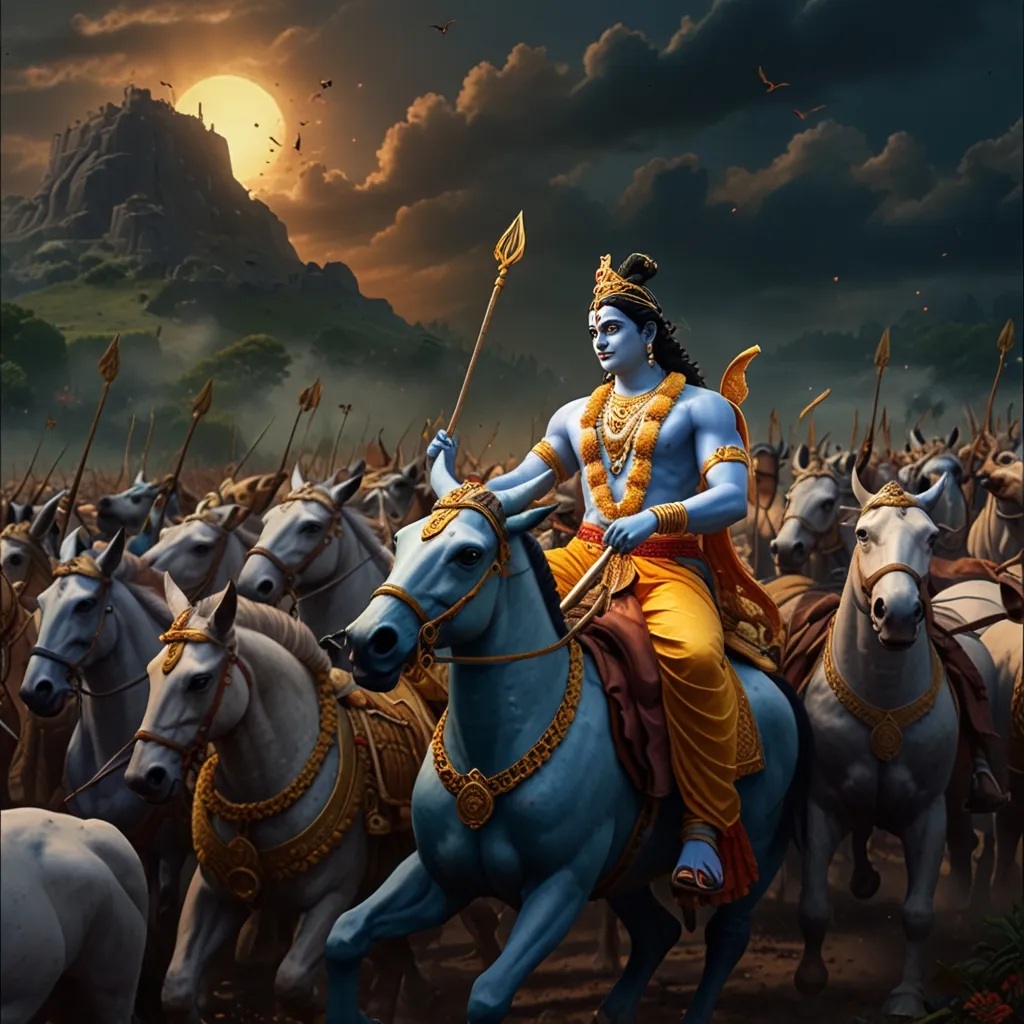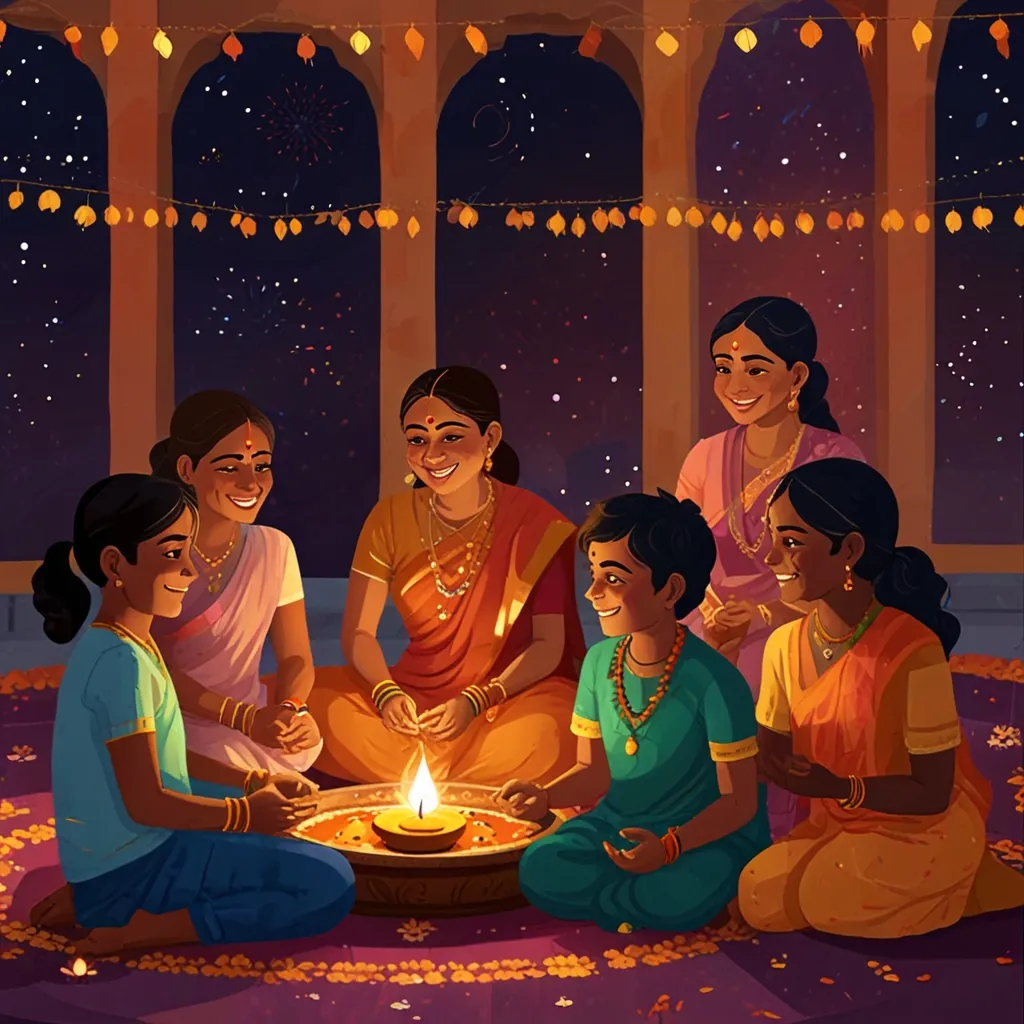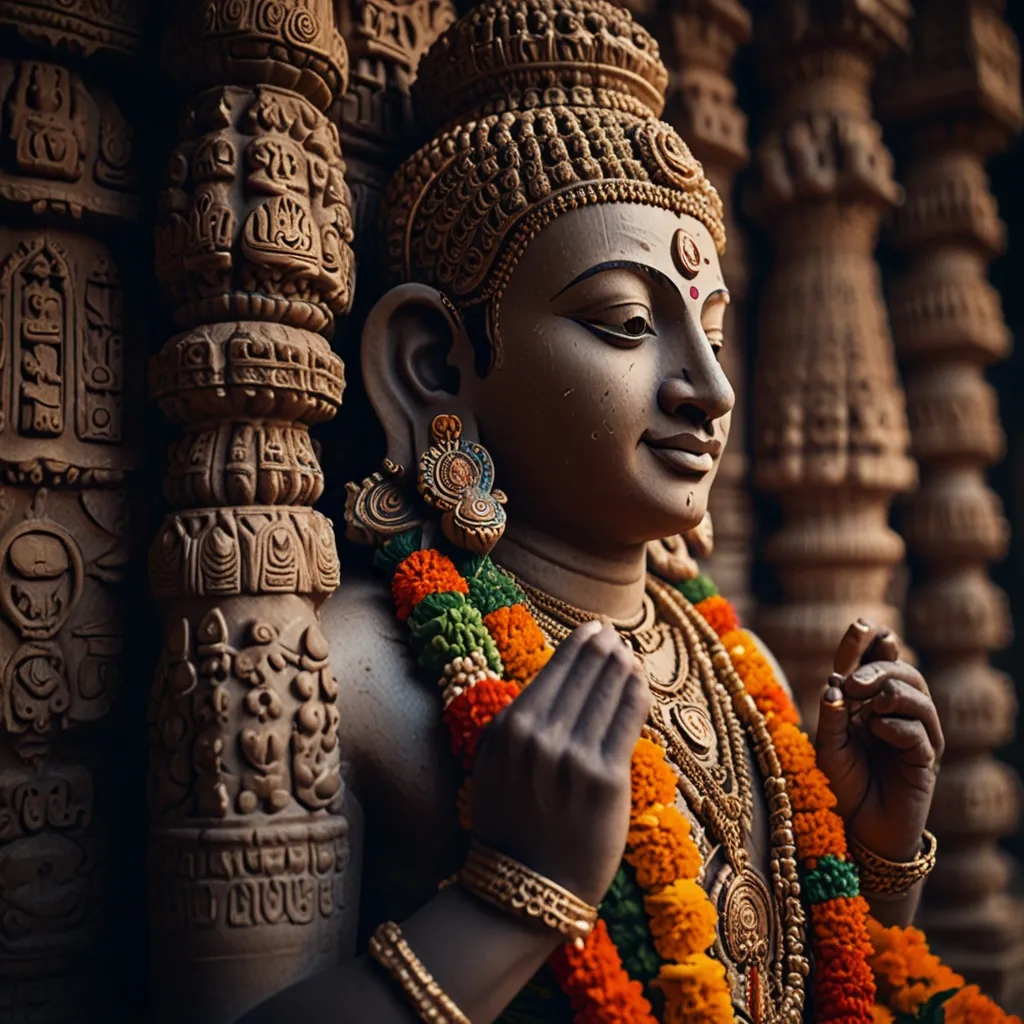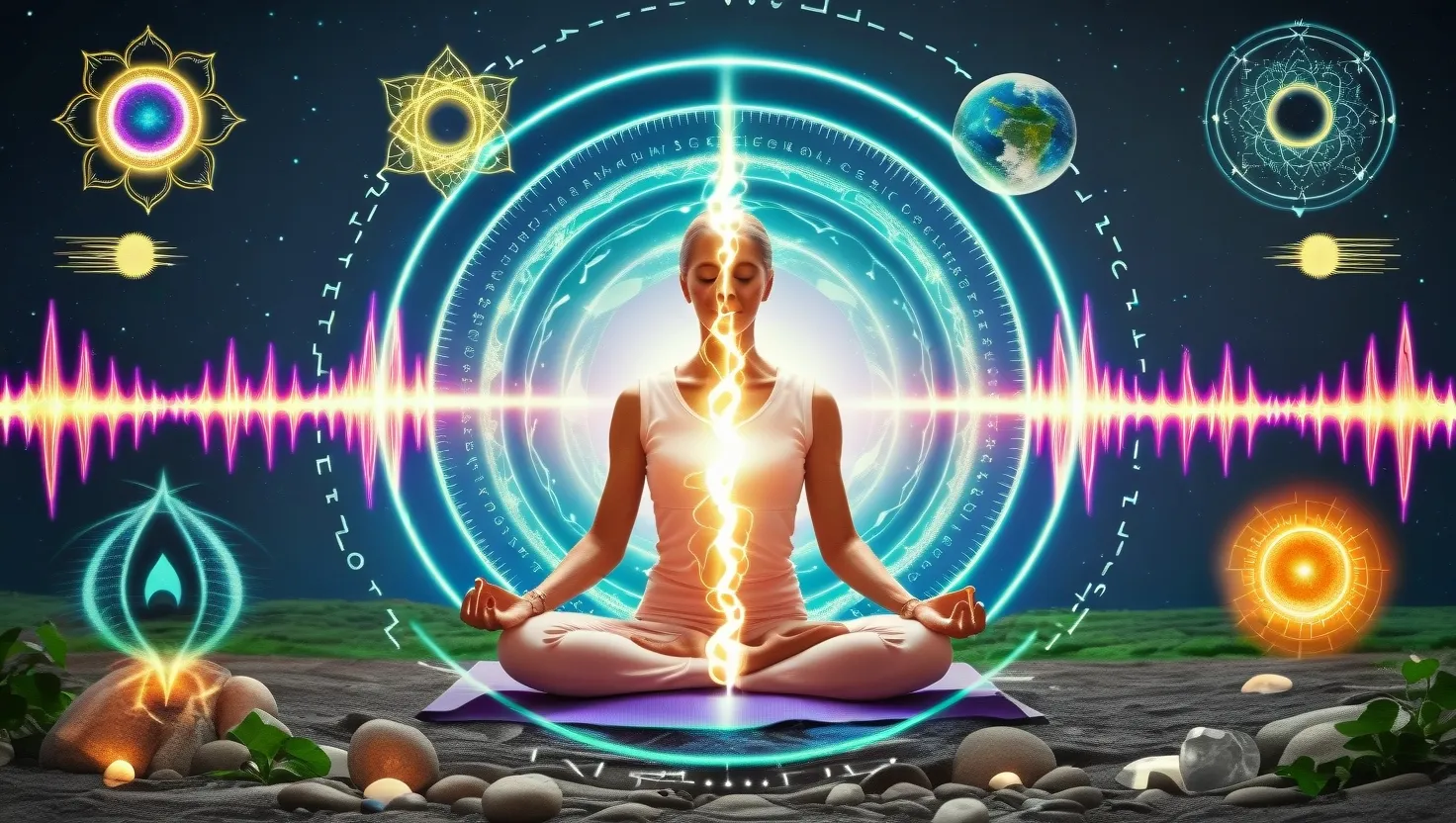In the magnificent tapestry of Hindu philosophy, the idea of Atman shines brightly, delving into the essence of who we are and our awareness of self. Think of Atman as the Self or soul, but it’s more than a psychological concept—it’s the timeless core of our being. It’s not tangled within the dramas of everyday life, standing instead as the pure consciousness that observes everything yet remains unaffected.
Now, it’s quite fascinating how modern psychology sometimes nudges our understanding toward reducing the Self to mere self-knowledge. But Atman is so much more than that. It’s not merely about the ego or these identities we build in each life we live. Instead, it represents a grander vision, a soul that links all beings and worlds, surpassing the limits of our surface nature.
Atman is also recognized as a Divine principle filling the entire universe. It’s not just theological chatter but rather the fundamental nature of existence itself. It’s self-aware and self-responsible, reflecting the Absolute Being or consciousness, better known in Hindu speak as Brahman. This omnipresent Self is present in each of us as well.
Advaita Vedanta, one of Hinduism’s prominent philosophical schools, often challenges our view of self by stating that the individual self is but an illusion. The ultimate truth is non-duality, or oneness with Brahman. It’s a perspective that echoes some theories in cognitive psychology, viewing the self as a narrative constructed by our minds, peppered with biases and illusions.
A central theme in this philosophy is the notion of Atman as a witnessing consciousness—observing unfazed amidst life’s commotion. While everything changes, this observer remains. Such a concept gels well with contemporary psychology, which wrestles with explaining how consciousness emerges in the brain.
The journey toward realizing our true self involves moving beyond the ego. Getting stuck in the psychodrama of our individual self can be a blind alley, shading us from experiencing the universal Self within. Transcendence whispers of a liberation from human hang-ups, steering us closer to our true soulful essence.
Enter yoga and meditation—the trusty compasses steering this journey of understanding. These practices allow us to push the psychological self aside and view it as merely an unfolding of universal elements. With this perspective, our psychological self becomes another piece of nature’s puzzle, though one that often eclipses our vibrant core. Centering on the true Self leads to pure awareness beyond our physical and mental envelopes.
In Hindu thought, there’s a neat idea of double consciousness—the individual and the universal. The individual self, known as Jivatman, springs from the Supreme Self, or Paramatman. While Jivatman feels the squeeze of limitations, Paramatman is totally unbound. Distinguishing between these helps in grasping the nature of Atman.
Now, let’s talk about freedom, or Moksha, which is the ultimate aim of Hindu spiritual practice—the transcendence of individuality to unveil one’s genuine nature. Through Atma Gyaan, or self-knowledge, it’s possible to recognize Atman as the eternal, unchanging spark within. This realization paves the way to liberation, where individual consciousness melds with the grand universal awareness, Brahman.
Grasping the concept of Atman holds meaningful implications for our daily grind. It nudges us to look beyond our egos and personal identities, acknowledging that at our core, we are divine and pure. Such a viewpoint can help strip away insecurities, fears, and attachments, driving us toward a more harmonious and fulfilling life.
Respecting the Divine within also means respecting our own consciousness as sacred and immortal, a mindset that can transform how we view ourselves and our place in the universe. Embracing Atman can be empowering, reassuring us that we are indeed part of something larger and far more profound than our everyday struggles.
In essence, Atman goes far beyond being a talking point in Hindu discourse—it delves into the heart of personal identity and self-awareness. It’s an invitation to transcend individual limitations and embrace the cosmic dance we are part of. Through this philosophical lens supported by practices like yoga and meditation, pure awareness and a deeper cosmic connection beckon us toward intuitive understanding. This journey is about seeing one’s true self and achieving liberation, a true unification with the universe that many find deeply fulfilling.

